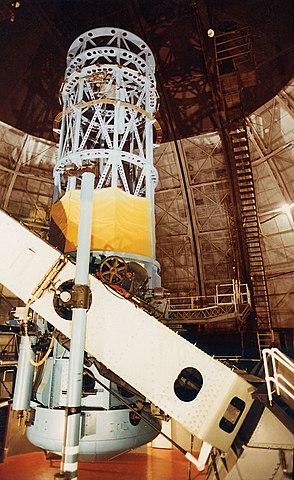Unveiling the secrets and discovering the unknown in space is a fundamental goal of space exploration and scientific inquiry. Here are key elements and strategies involved in this endeavor:
Exploration Missions:
Launch robotic missions to explore celestial bodies, including planets, moons, asteroids, and comets. These missions use various spacecraft, landers, rovers, and orbiters to collect data and images, providing valuable insights into the mysteries of space.
Telescopes and Observatories:
Employ advanced telescopes and space-based observatories to study distant galaxies, stars, and cosmic phenomena. These observatories, like the Hubble Space Telescope and the James Webb Space Telescope, enable astronomers to observe the universe in different wavelengths, revealing hidden secrets.
Astrobiology:
Investigate the potential for life beyond Earth by studying extreme environments on our planet and exploring other celestial bodies for signs of habitability or microbial life. This research helps unravel the origin and distribution of life in the universe.
Exoplanet Research:
Discover and study exoplanets (planets orbiting other stars) to understand the diversity of planetary systems. Advanced instruments like radial velocity and transit spectroscopy enable scientists to characterize exoplanet atmospheres and search for signs of habitability.
Cosmic Mysteries:
Investigate cosmic mysteries such as dark matter and dark energy. While the nature of these phenomena remains elusive, ongoing research aims to better understand their properties and roles in the universe’s evolution.
Astrophysics and Cosmology:
Study the fundamental laws of physics governing the cosmos. Research in astrophysics and cosmology delves into topics like the Big Bang, cosmic microwave background radiation, and the large-scale structure of the universe.
Deep Space Telescopes:
Develop and deploy telescopes to study distant objects, including galaxies and cosmic phenomena that existed billions of years ago. These telescopes provide a glimpse into the early universe and its evolution.
Space Telescopes and Probes:
Launch space telescopes and probes to explore the outer reaches of the solar system and beyond. These missions, such as the Voyager probes and New Horizons, have expanded our knowledge of the distant, uncharted regions of space.
Space Technology Advancements:
Invest in cutting-edge space technologies to enhance our ability to explore and discover the unknown. Developments in propulsion, robotics, artificial intelligence, and instrumentation enable more ambitious missions.
International Collaboration:
Collaborate with other space agencies, research institutions, and countries to share expertise, resources, and data. Global cooperation is essential for addressing the challenges of space exploration.
Public Engagement:
Engage the public and inspire future generations through outreach, education, and citizen science initiatives. Public interest and support play a crucial role in advancing space exploration.
Ethical Considerations:
Address ethical questions and considerations related to space exploration, including planetary protection, space debris mitigation, and responsible research practices.
Unveiling the secrets and discovering the unknown in space is an ongoing journey that pushes the boundaries of human knowledge and understanding. It requires a multidisciplinary approach, international collaboration, and a spirit of curiosity and exploration. As we continue to explore the cosmos, we gain new perspectives on our place in the universe and uncover mysteries that challenge our understanding of the cosmos.










